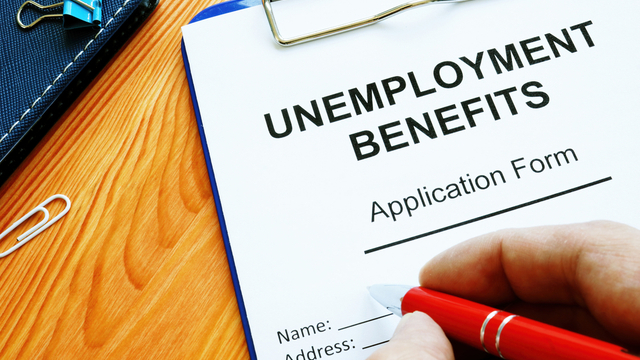What happens when an employee doesn’t return from Family and Medical Leave Act (FMLA) leave and later requests unemployment benefits? The Arkansas Court of Appeals recently addressed the issue.
Facts
Rachel Hourston worked for Goodwill Industries as a part-time customer service clerk from January 2017 to April 2020. In December 2019, she was diagnosed with cancer and began undergoing treatment. She requested and was granted FMLA leave through April 10, 2020, at which time her eligibility would be exhausted.
During the same time, Hourston worked as a self-employed cosmetologist. After her cancer treatment ended in December, she returned to work as a cosmetologist shortly after February 19 and continued in that endeavor through March 23, 2020, when she was forced to stop because of Governor Asa Hutchinson’s directive closing all barber shops and cosmetology establishments as a result of the COVID-19 pandemic.
Although there was some dispute by Hourston, the Arkansas Department of Workforce Services (DWS) determined she had been contacted by Goodwill on April 14, 2020. During the conversation, she was told her FMLA leave had expired on April 10 and that the employer couldn’t hold her position open until September 2020 as requested in her leave paperwork. The employer said it could offer an additional 30 days’ leave of absence, but she declined and told Cynthia Mahan (an HR business partner for the organization) that she would resign.
Hourston sent an e-mail on April 16 resigning her position with an effective leave date of April 10, 2020, the day her FMLA leave expired. She then applied for unemployment compensation.
On July 14, 2020, the DWS determined Hourston was ineligible to receive unemployment benefits because she wasn’t able and available to perform suitable work. On the same day, the agency issued a separate notice disqualifying her from receiving unemployment benefits on finding she had voluntarily left work without good cause.
Hourston appealed to a tribunal and later to the Arkansas Board of Review, both of which upheld the decisions. She then appealed to the Arkansas Court of Appeals.
Court’s Decision
As a preliminary matter, the appeals court noted Board of Review decisions are upheld if they are supported by “substantial evidence,” which is merely relevant evidence that reasonable minds might accept as adequate to support a conclusion. Here, the court found Hourston’s conflicting positions were enough to permit the board to reach the determinations it did.
Not available for work. First, the court found it was reasonable to conclude Hourston wasn’t “physically and mentally able to perform suitable works” or be “available for the work.” Certainly, during the FMLA leave, she was receiving cancer treatment and had provided medical proof to Goodwill that she couldn’t work. After all, that was a requirement to be eligible for the leave.
Moreover, when contacted by Goodwill, Hourston said she needed to be off work until at least September 2020. When told the employer couldn’t accommodate more than an additional 30 days, she declined and sent an e-mail resigning her position. Accordingly, the court found the action was enough to show she wasn’t “available to work.” That was true even though she also testified she had returned to work as a cosmetologist on February 19.
Essentially, it was reasonable for the board to accept Hourston’s interaction with Goodwill as proof she wasn’t available to work even though, unknown to the employer, she had returned to working as a cosmetologist.
Left last job without good cause. Second, the court found it was reasonable for the board to conclude Hourston had voluntarily left her last job without good cause. Goodwill had offered her an additional 30 days of leave, but she declined and then submitted her written resignation by e-mail. The resignation also justified the board in concluding she was ineligible for jobless benefits because she had voluntarily left when she could have accepted the extra leave and preserved her job rights.
Bottom Line
Sometimes good deeds do go unpunished. Goodwill wasn’t required to offer Hourston 30 days of additional leave beyond the 12 weeks required under the FMLA. By doing so, however, and having it rejected by the employee, what would have been an involuntary termination (which might have preserved her right to unemployment benefits) became a voluntary resignation ending that right.
Steve Jones is an attorney with Jack Nelson Jones, PLLC, in Little Rock, Arkansas. You can reach him at sjones@jacknelsonjones.com.

